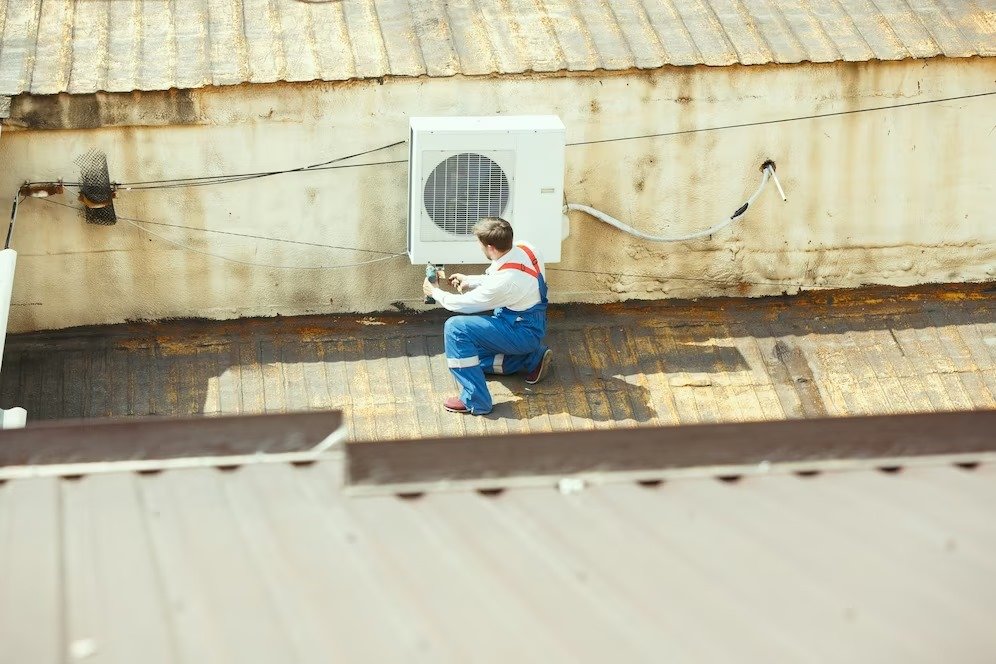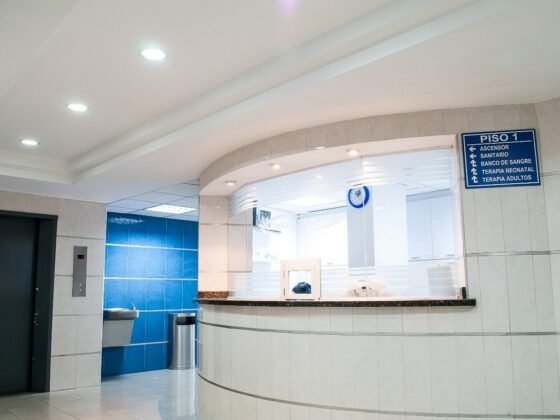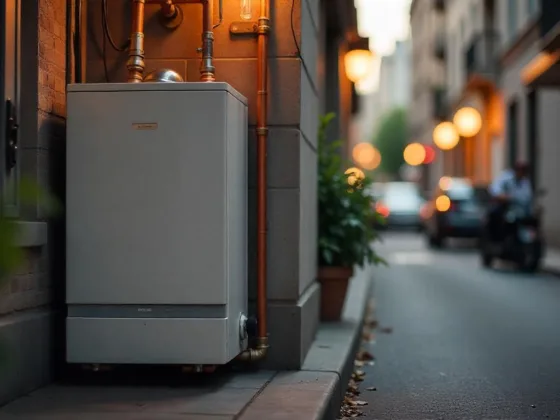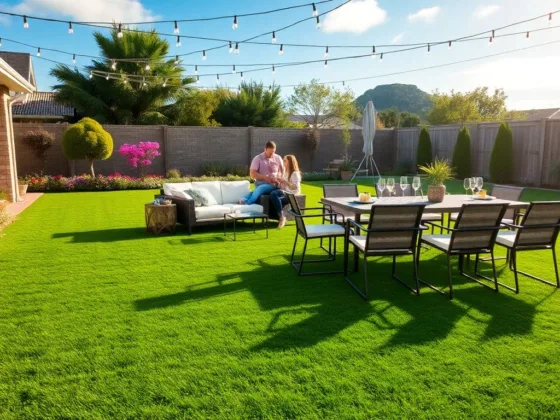Table of Contents Show
If you’re planning to install a new air conditioning system in your home or office, there are various factors that you must take into account.

The size, location, and number of people using the space are just some considerations that affect how much cooling power is needed. This guide will break down these factors so you can decide which AC unit best suits your space!
Size of the Space
The size of your space determines how much energy and money you will save on your utility bills. As such, multiple units may be needed to keep all areas within comfortable temperatures during hot summer days.
This also means that larger spaces require more maintenance work than smaller ones and increased noise levels from multiple fans working together in tandem with each other.
You can find air conditioning installation in Chapel Hill and Durham, NC, as well as other areas of the state. These professionals can help you determine what size AC unit is best for your space and budget, ensuring you get the most out of your system!
Location of the Space
If your space is in a basement or is high-ceilinged and/or windowless, it may be more difficult for air conditioners to cool those areas effectively. In these cases, it’s best to choose an AC unit with a higher BTU rating than usual this will help compensate for the lack of circulation.
Also note that if you’re installing an AC in any room with poor ventilation (like one with no windows), be sure there are no obstructions around where you plan on placing your new unit!
Read Also:
Number of Seats in the Space
The number of seats in your space will determine the size of your AC unit. The larger the unit, the more heat it can remove from a room and how much air it can move around.
The best way to determine how many people will use a room is by counting seats and multiplying by two. So if you have 20 chairs in a classroom or auditorium, 40 people could fit into that area comfortably (20 x 2).
Ambient Temperature and Humidity Level
The ambient temperature and humidity level of a space are important factors in determining the right air conditioning system for your space. If you have a hot and dry room, such as an office building with no windows or one where most employees are just sitting at their desks all day, then you need an evaporative cooler.
These cooling systems remove moisture from the air by passing it through water-soaked pads that absorb heat from the surrounding air. This process causes them to cool down significantly before being released into your home or workplace through vents installed throughout different rooms.
For spaces where humidity levels are high but temperatures remain moderate like a bedroom during the summertime a mini-split system would probably work best since it can cool down both hot AND humid conditions quickly without negatively affecting people who spend time there regularly!
Heating Needs and Climate Conditions of the Area
The number of people using it can determine the heating needs of a space and the type of furniture used. For example, if you have a large family or frequently host guests, you’ll want an air conditioning system capable of handling more heat than required for an average single-family home.
Another important factor when determining which type of air conditioning system works best for your needs is climate conditions: does your area experience mild winters or sweltering summers?
Suppose you live somewhere with mild winters but sweltering summers (like Florida). In that case, it will make sense to opt for a unit capable of cooling down large spaces quickly–rather than trying desperately to heat them when there aren’t many cold days available on which to do so!
Budgetary Constraints and Financial Goals
The first step in choosing the right air conditioning system is considering your budget. This will help determine what kind of system you can afford, what features it should have, and how much money you want to save on energy bills over time.
- How much do I have?
- What do I want?
- How much am I willing to spend?
These questions are critical because they help determine your options. For example, if you need to buy a unit that can cool down an ample space quickly, you’ll have to spend more on a unit with two compressors and an energy-efficient design.









